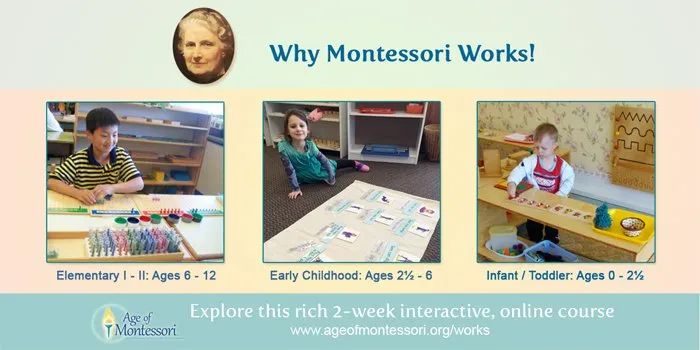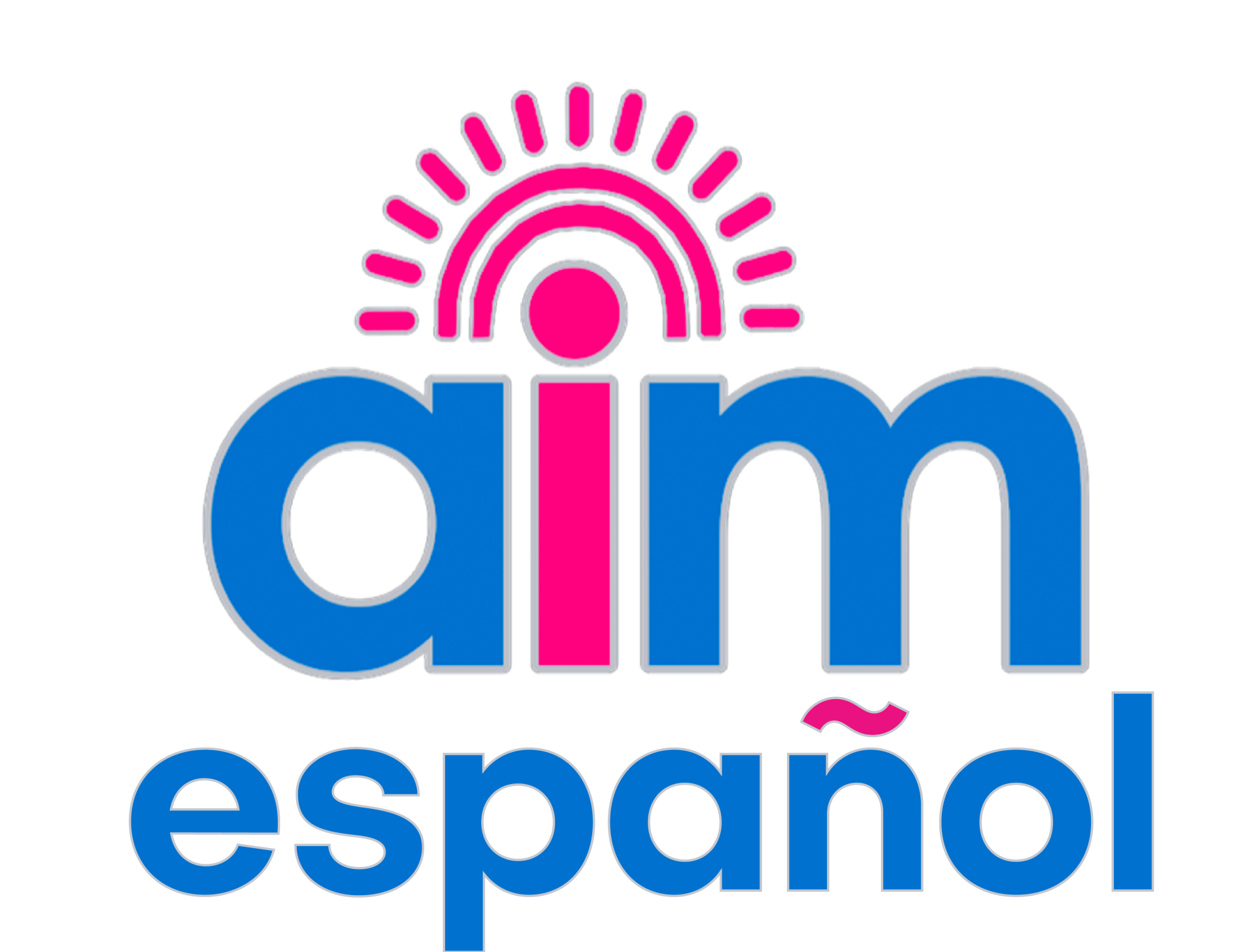Why We Need to Share the Wisdom of Montessori
“People need this…it is an awakening of everything we want for our children.” ~ Mary Ellen Maunz, Age of Montessori Founder, Program Director
 Every child needs to have joy in learning-- and that is what the wisdom of Montessori gives.
Every child needs to have joy in learning-- and that is what the wisdom of Montessori gives.
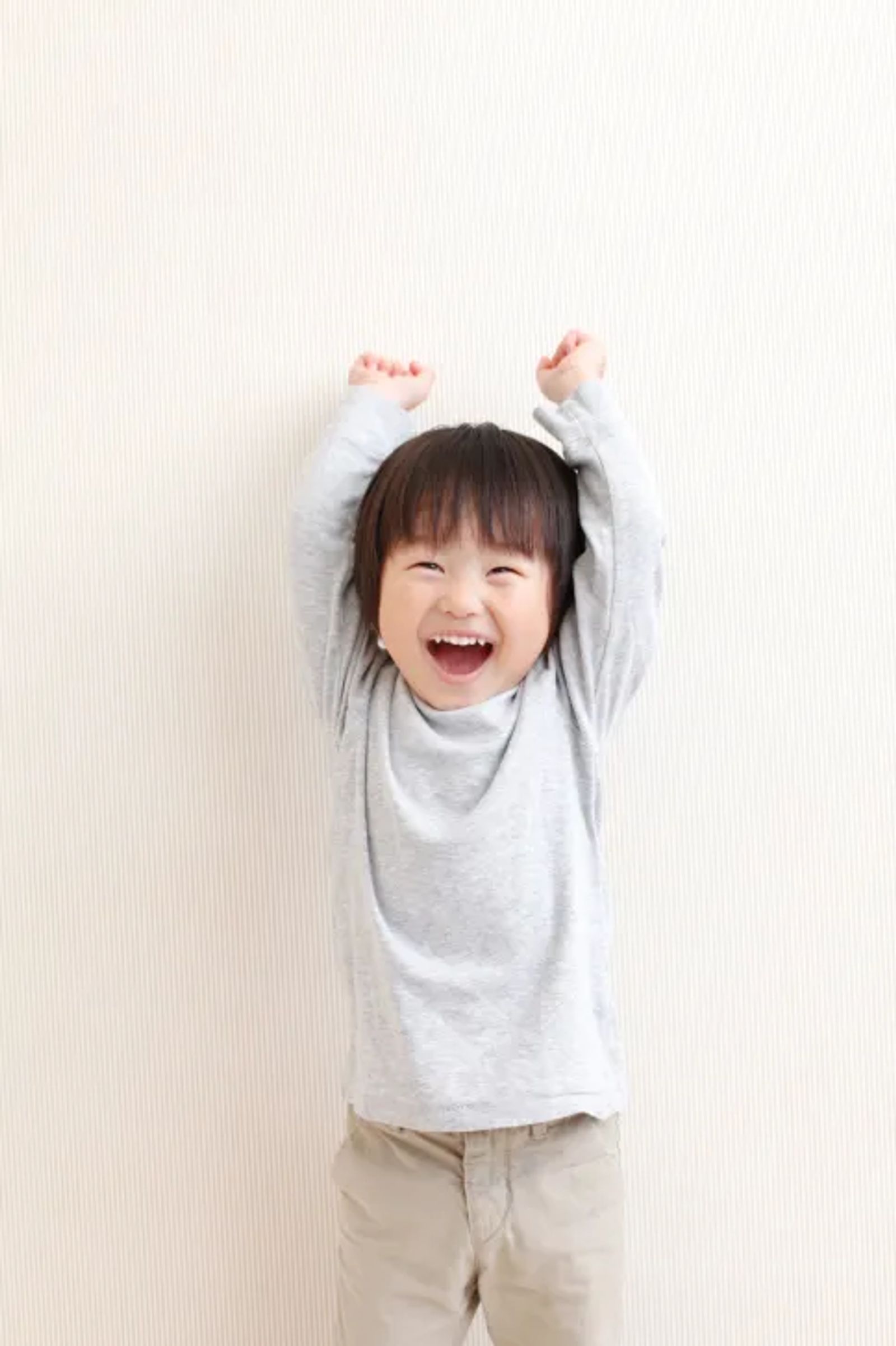
The wisdom of Montessori is much more than an educational method, it is a way of life. It’s an in-depth understanding of the child’s stages of development and the ability to guide his or her learning with confidence. It is the knowledge that learning is not just about the academics but the development of the whole personality. With the wisdom of Montessori, learning is an integral, joyful part of childhood. Every child needs to have joy in learning-- and that is what the wisdom of Montessori gives.
But how does it work?
As a civilization, we do not teach child development in terms of what Dr. Maria Montessori called “the sensitive periods.” Sensitive periods are specific periods of time when the child is acutely open to learning very specific things. Montessori discovered that all children experience these same sensitive periods, regardless of background, location, culture, or any other external factors. Here is an example of what I mean: it’s easy to see that children everywhere learn to walk at approximately the same age. This is an observable example of a sensitive period. But there are many, many sensitive periods which are every bit as universal and important. You just can’t see them…until you know what you’re looking for, that is!
The Montessori Method recognizes sensitive periods for all areas of development including movement, order, sensations, shapes, sounds, music, emotion, math, vocabulary, reading, writing, and more...
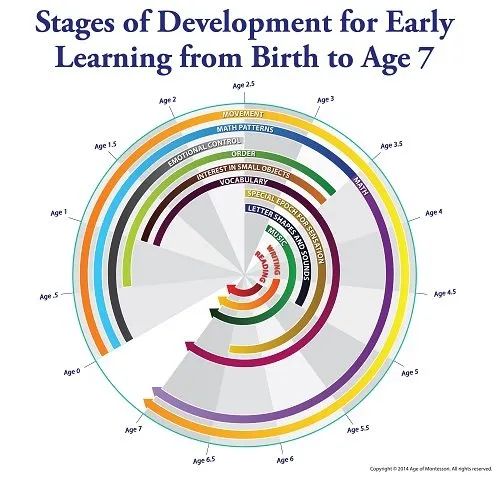
When a child is in the midst of a sensitive period, they are internally compelled to learn that particular skill or concept. No external motivation is necessary. Think about it this way: do we adults need to teach our children to walk? Do we motivate the child to practice walking with rewards and/or punishments? Of course not, and we as a culture know and accept this as the natural way of things. But what we may not realize is that learning to read (for example) is equally natural during the sensitive period for reading. If the child has the opportunity and right tools, he will learn to read effortlessly, autonomously, and with joy. But if this precious window of opportunity is missed, the child will have to learn to read through hard work and memorization.
 Parents will understand how to nurture their child’s inner-teacher...
Parents will understand how to nurture their child’s inner-teacher...
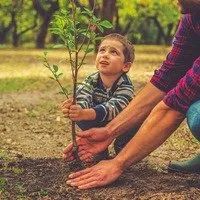
When the adult understands the sensitive periods, they are able to work with the child’s natural development. Parents will come to understand how to nurture their child’s “inner-teacher” (i.e. innate need to learn). With the right materials at the right time, other areas of child development will happen just as naturally and spontaneously as learning to walk and talk. But we must understand the sensitive periods in order to take advantage of them and give the child what she needs, when she needs it. This is one of the key concepts that adults need to know about child-development.
“Montessori has shown us the nature of the child so that we can be the effective guide for these children.” ~ Irma Rodriguez, Age of Montessori Elementary Program Co-Developer
Unlimited Curriculum
Another key component of Montessori is the unlimited curriculum. Children are not limited to learning pre-selected lessons at pre-determined times. Instead, they progress from lesson to lesson at their own pace. There is no judgement or pressure for taking “too long.” There is no stopping-point for those who are ready to advance to the next lesson.
 Children are not limited to learning pre-selected lessons at pre-determined times, the curriculum is unlimited!
Children are not limited to learning pre-selected lessons at pre-determined times, the curriculum is unlimited!

Children do not make big, abstract leaps in their lessons. They learn step-by-step, so that there is no failure. This is what Montessori called the “isolation of difficulty.” If children are allowed to grow and learn at their own rate, they flourish in more ways than just academic. They learn confidence, independence, problem-solving abilities, and more. They are developing their whole person. This is a joyful process. Children want and love to learn when the learning fulfills their developmental needs. This way of learning is entirely different from the teach-by-rote type of education so many of us experienced as schoolchildren. This is the better way of living and learning that parents want for their children.
“We observe the child…and when we see joy in his eyes, we know he’s in the right place, he’s doing the right thing for that moment.” ~ Irma Rodriguez
